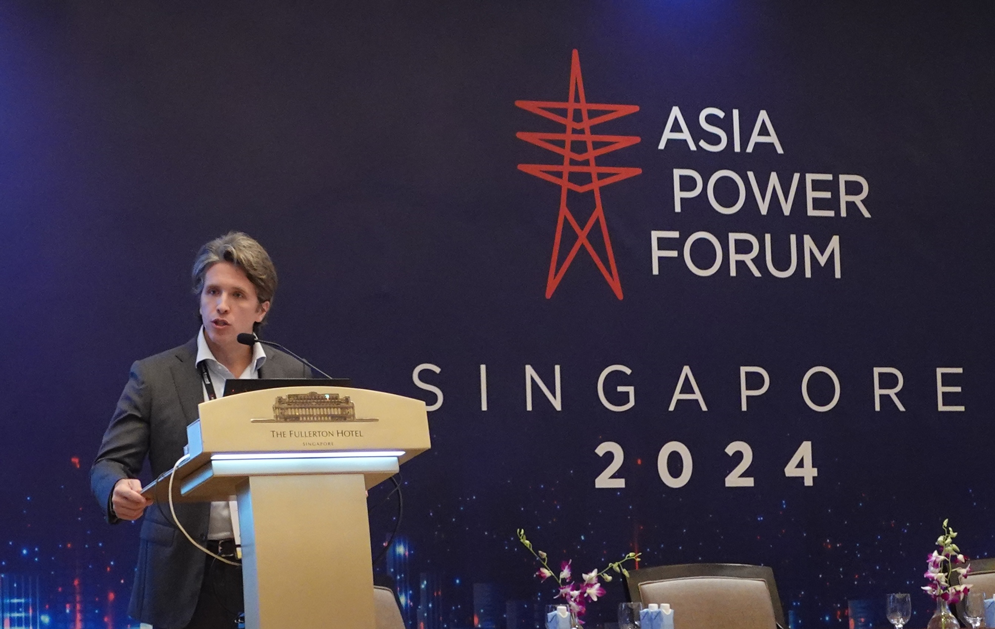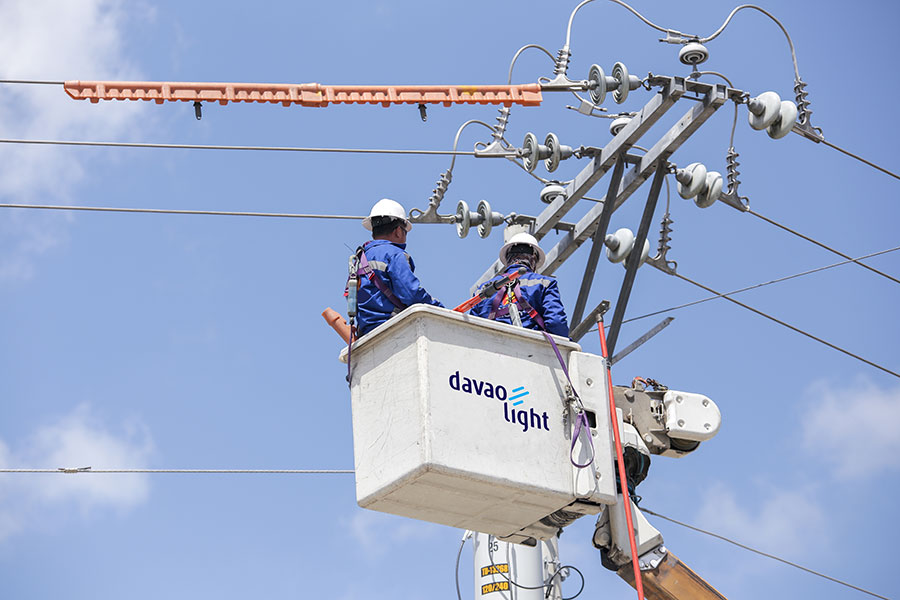Singapore — In this year’s Asia Power Forum, Aboitiz Power Corporation Chief Corporate Services Officer Carlos Aboitiz upheld the need for differentiated expectations and responsibilities in decarbonizing each country’s power sector, saying that energy security is the priority of many developing countries.
“The evolution of our societies as we know it today is only possible due to the evolution of our energy systems, emissions and all,” he said, before pointing out the current lack of economic alternatives to fossil fuels, especially for consistent power that meets daily demand.
Aboitiz pointed out that global electricity consumption is only expected to increase even more, doubling over the next 25 years. This is driven by population growth, social mobility, economic expansion, the electrification of transport and industry, and the proliferation of artificial intelligence, among others.
“Energy is produced only if it is consumed,” he maintained. “At the root of the demand are our collective behaviors, needs, and desires.”
“At the end of the energy value chain are individuals and the institutions that produce the hallmarks of modern society, namely, individual security, comfort, basic health and well-being, freedom of movement, and for the fortunate, other luxuries,” he added.
In contrast, electricity sales in the Philippines is forecasted to double in just 13 years, with peak electricity demand and nationwide electricity sales growing by 5.19% and 5.49%, respectively, each year until 2050. This makes the growth of a reliable and accessible electricity supply crucial, especially as it relates to achieving the country’s macroeconomic objectives.
The Philippines’ GDP per capita stood at $4.13 thousand, behind its ASEAN-5 neighbors of Singapore ($88.45 thousand), Malaysia ($13.31 thousand), Thailand ($7.81 thousand), and Indonesia ($5.27 thousand). This correlates with the total electricity generation per person in each country, with Singapore at 9,525 kWh, Malaysia at 5,336 kWh, Thailand at 2,515 kWh, Indonesia at 1,211 kWh, and the Philippines at 978 kWh.
The Philippine Department of Energy targets to increase the share of renewable energy in the country’s power generation mix to 35% by 2030, 50% by 2040, and more than 50% by 2050.
But considering the lower capacity factors of solar (20%) and onshore wind (31%) sources, other high-generating non-renewable sources like existing conventional coal power plants (57.5-68.5%) need to be maximized, while natural gas (44.2-64.2%) and nuclear (93.1%) capacities are explored as other viable options.
“Often, we hear pronouncements that renewables are cheaper than their fossil fuel counterparts… Unfortunately, the math doesn’t add up,” Aboitiz said. “Today’s math is based on incomplete accounting, using the levelized cost of electricity or LCOE as opposed to accounting for the intermittency and lack of resource[s] in solar and wind during different times of the day and year.”
A full accounting incorporates the costs of running the electrical grid reliably 24/7, taking into account intermittency and dispatchability, hence acknowledging the sources that mostly require the added cost of storage and backup power.
With the imbalances in wealth and carbon footprint between countries, Aboitiz advocated for differentiated expectations and responsibilities, taking into account country-specific contexts and capabilities while contributing to a shared responsibility in an equitable way.
“Ignoring that a longer transition is likely needed is no longer useful. This reduces our collective apertures and means that easier, short term solutions that are insufficient get a preponderance of attention and resource, while longer term, more difficult changes are pushed back out of sight,” he said.



